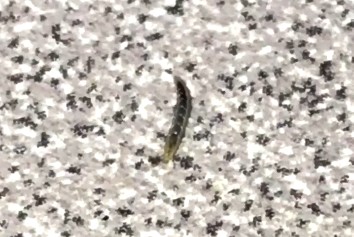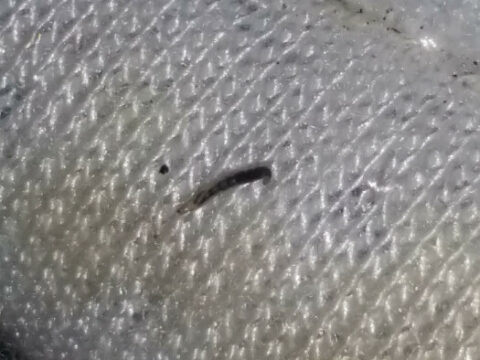
There are many wonders and joys to owning a pet, but along with the enormous responsibility they impose, there are unfortunately also a lot of complications that one might have to overcome, such as health problems. One of the health problems that both dogs and cats alike can face are intestinal worms.
Before we go any further, we must stress that no part of this article should be taken as medical advice in any form. We are not medically trained and are not qualified to give medical advice of any kind. This article will merely outline some of the common intestinal worms one can find in their pets, why to take worms seriously, and where to go to get professional opinions and help if your pet is infested with any worms.
Intestinal worms are parasites that live inside the digestive tract of an organism to feed off the food that the host organism eats, thus growing inside the organism and consequently laying eggs in there as well. The different species of intestinal worms are varied, but none of them are favorable guests for anyone’s pet to host in their bodies. The most common species that infest dogs and cats are tapeworms, hookworms, roundworms and whipworms. Tapeworms are the biggest of the bunch, being able to reach six inches in length. Hookworms, which are more common in dogs, can become a chronic illness which plagues older animals. One should be particularly wary about roundworms as puppies and kittens can be born with them already infesting their bodies. Whipworms are also more often seen in dogs and perhaps the most problematic of them all. This is because they can also become a chronic problem, but mostly because their egg depositions are so small that the worms might not even turn up in stool samples.
Furthermore, it should be noted that only tapeworms and roundworms are usually visible, but nonetheless, all of these parasites can go unnoticed for a long period of time, thus bringing unfortunate harm to your dog or cat. On the same note, the eggs of all of these worms are microscopic. There are a plethora of symptoms one can look out for to get an inclination if your pet has worms, including diarrhea, vomiting and weight loss. However, we want to stress again that this should not be taken as a sure sign that your pet has worms. These are symptoms one can look out for to then decide if you should take your pet to get checked at a vet. In addition to this, some worm infestations can even be asymptomatic, and as we said the eggs are microscopic, so it might be a good idea to get your pet checked regularly in any case. Although most pet owners do know to do this, it is important that one asks for stool samples to be tested by their vet for the very reason that they can go overlooked.
So, where can you go if you suspect your dog or cat has worms? The obvious answer is going to one’s vet. We understand that it may be expensive to visit the vet, but the health of your pet should take priority over any monetary concerns. We understand there are some over-the-counter drugs one can buy for de-worming dogs or cats, but if any of our readers are considering buying something like this, we urge them to carefully read the information on the medication and check if this medicine would be safe to use on your pet. For example, certain drugs can only be used on dogs of certain ages, and thus it might be unsafe to use that drug on an older dog.
To conclude, this has been a short guide on the various intestinal worms that commonly infest dogs and cats. We hope that none of our readers have to deal with something like this, but that if they do, they will feel a bit more prepared.
All About Worms is always free, always reader-supported. Your tips via CashApp, Venmo, or Paypal are appreciated! Receipts will come from ISIPP Publishing.
You might also find these guys interesting!


















